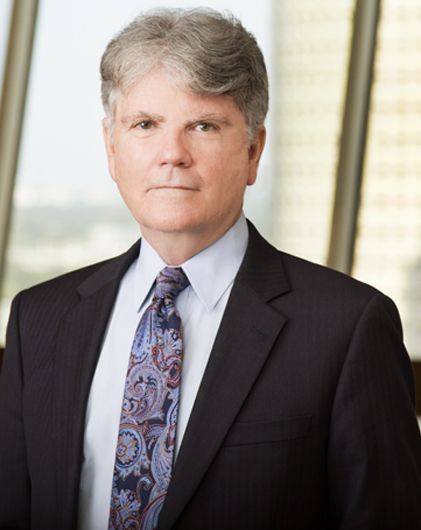Are Class "Incentive Payments" a Thing of the Past in Federal Court?
Are federal courts moving away from granting incentive payments to class representatives? A recent 11th Circuit ruling is making waves, but a new petition could limit its impact.
We recently wrote about the 11th Circuit’s decision last September that blocked an incentive payment for the face of a class-action lawsuit. In the Johnson case, the 11th Circuit held that two Supreme Court cases from the 1880s barred service or incentive awards to compensate class representatives for pursuing class actions. This ruling was somewhat surprising because federal courts have routinely approved these awards over the last century.
Since our last writing, an en banc petition was filed in Johnson, asking that the full court reconsider its service award decision. Because the en banc petition has not yet been ruled on, the 11th Circuit might reverse its blanket prohibition on incentive payments or limit the scope of its previous ruling.
It remains to be seen whether other circuits will follow the 11th Circuit’s lead. Since Johnson, no other federal circuit court has opined on the propriety of service awards.
Federal district courts have had mixed reactions to Johnson’s ban on class action incentive payments. Most district courts in the 11th Circuit followed the Johnson ruling and denied incentive award requests outright:
- One case from the Middle District of Florida decided in October, one decided in November, another from the Southern District of Florida and one from the Southern District of Alabama decided in December expressly rejected requests for incentive awards, citing Johnson.
- Although they did not rule out the possibility of later incentive payments, two other Middle District of Florida cases denied requests for incentive payments. One denied the request “without prejudice.” The other denied it “at this juncture” and referenced the pending en banc petition in Johnson.
Yet another Middle District of Florida opinion deferred ruling on the service award request, but rejected an argument that Johnson’s disallowance applied only to “common fund” cases in which the award is paid from funds otherwise payable to class members.
Other district courts have distinguished or simply declined to adopt the Johnson ruling:
- A magistrate judge in the Southern District of Florida concluded that the Johnson prohibition did not apply in diversity cases. The judge cited other circuit authority that the recovery of incentive awards in diversity cases turns on whether applicable state law authorizes such awards.
- A New Jersey district court “respectfully declined” to follow Johnson. The court noted that substantial precedent exists in its circuit to support the approval of incentive payments.
- A Pennsylvania district court refused to follow Johnson, citing the New Jersey decision above, and refused “to deviate from” existing circuit precedent permitting incentive awards.
- Two California district court cases, one decided Dec. 10 and one Dec. 21, declined to follow Johnson because the courts concluded that Johnson was not binding in the 9th Circuit and 9th Circuit precedent permitted such awards.
- A district court in New York acknowledged Johnson and the old Supreme Court cases on which it was based, but nevertheless granted an incentive payment where the award was paid directly by defendants and not out of a common fund.
It’s still unclear whether the 11th Circuit’s Johnson decision will have a significant impact on future class action lawsuits. Although some lower courts have heeded the call to begin denying class action service awards, others appear to be taking a “wait and see” approach. And some courts outside the 11th Circuit have openly rejected the Johnson ruling. It will be interesting to see whether the 11th Circuit decides to revisit the incentive award issue en banc.
Stay tuned for further developments. Please contact Mike Hooker, Guy McConnell or any other member of Phelps’ Litigation team if you have questions or need compliance advice and guidance.


